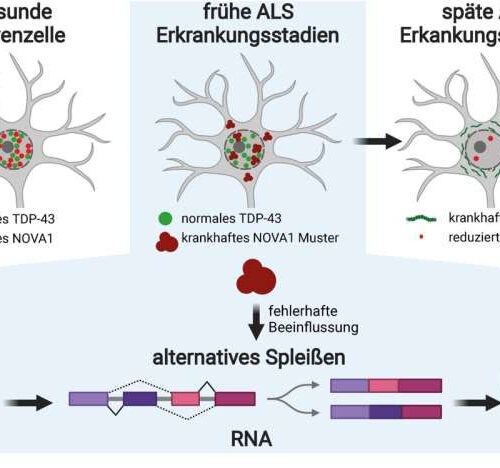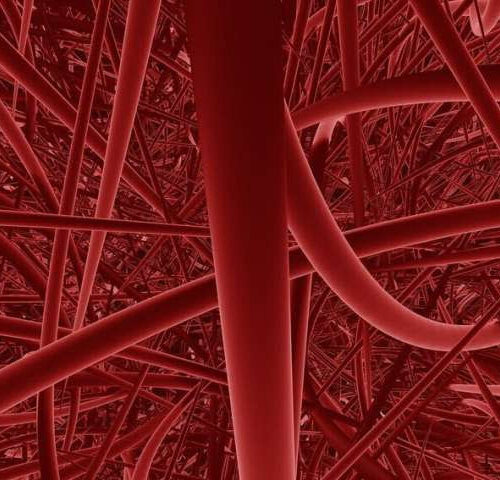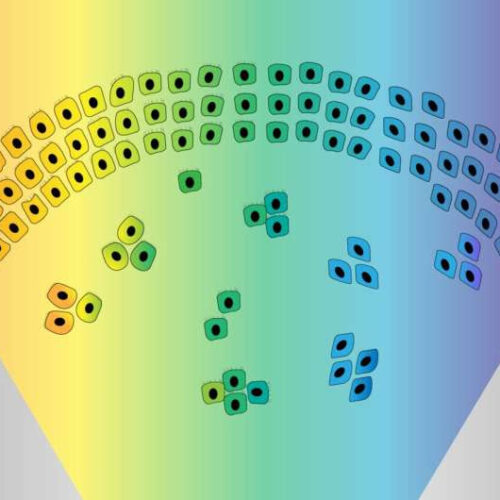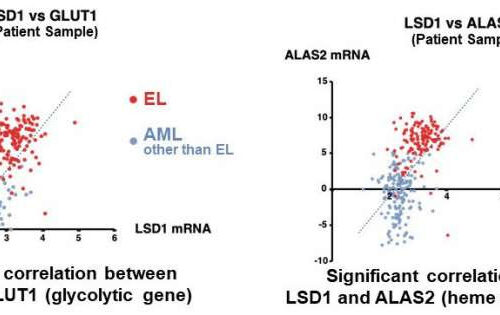by Friedrich–Alexander University Erlangen–Nurnberg Stages of development in a nerve cell affected by ALS. Credit: Prof. Dr. Beate Wimmer Currently, there is no cure for amyotrophic lateral sclerosis (ALS). Things could soon change, however. Researchers at FAU and the University of California San Diego (UCSD) have identified a protein that already displays pathological characteristics at an...
Tag: <span>mechanisms</span>
In situ vascular tissue engineering: Methods, models, and mechanisms
by Eindhoven University of Technology Credit: Pixabay/CC0 Public Domain Biodegradable plastic scaffold implants can help replace damaged vascular tissue in the body. The implant is placed in the body and prompts the body to replace the plastic with blood vessel cells. In addition, the scaffolds can also control immune and cell growing responses. Suzanne Koch...
New insights into the mechanisms that enable cancer cells to metastasize
by Greta Friar, Whitehead Institute for Biomedical Research Credit: Jennifer Cook-Chrysos/Whitehead Institute Cancer is at its most deadly when it spreads and forms tumors in new tissues. This process, called metastasis, is responsible for the vast majority of cancer deaths, and yet there is still a lot that researchers do not know about how and...
Unraveling the mechanisms that create the individualized metabolism in leukemia
by Kumamoto University LSD1 and glycolytic genes (GLUT1, left) and LSD1 and heme synthesis genes (ALAS2, right) show a significant positive correlation, respectively. In particular, these genes are highly expressed in erythroblastic leukemia (EL) cases (red dots). Credit: Kumamoto University A research collaboration based in Kumamoto University (Japan) has shown that lysine-specific demethylase 1 (LSD1), an enzyme involved...
Mount Sinai researchers identify mechanisms that are essential for proper skin development
THE MOUNT SINAI HOSPITAL / MOUNT SINAI SCHOOL OF MEDICINE Mount Sinai researchers have discovered that Polycomb complexes, groups of proteins that maintain gene expression patterns, are essential for proper skin development, according to a paper published in Genes & Development on February 18. This latest discovery could improve development of future stem cell therapies to generate “skin on...




